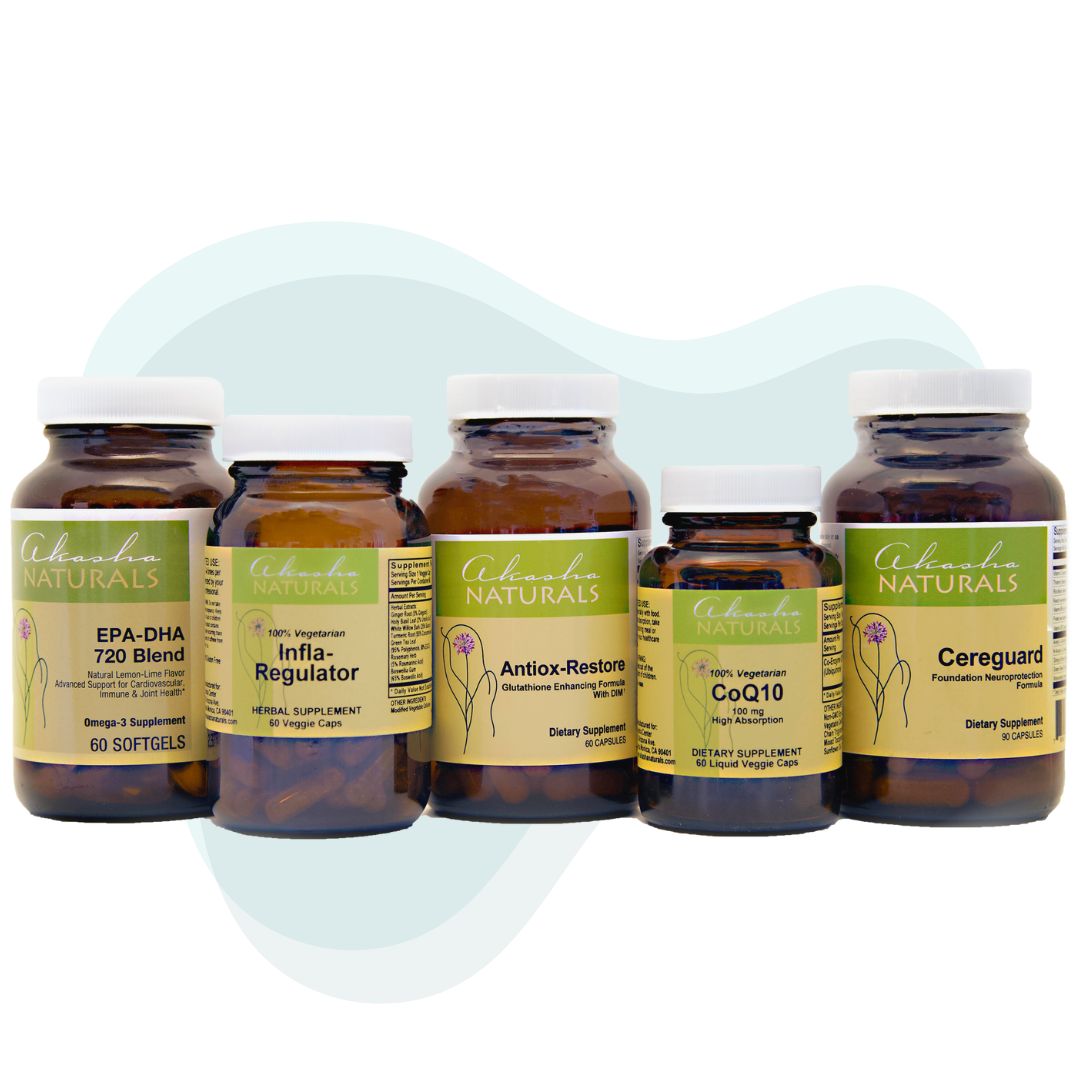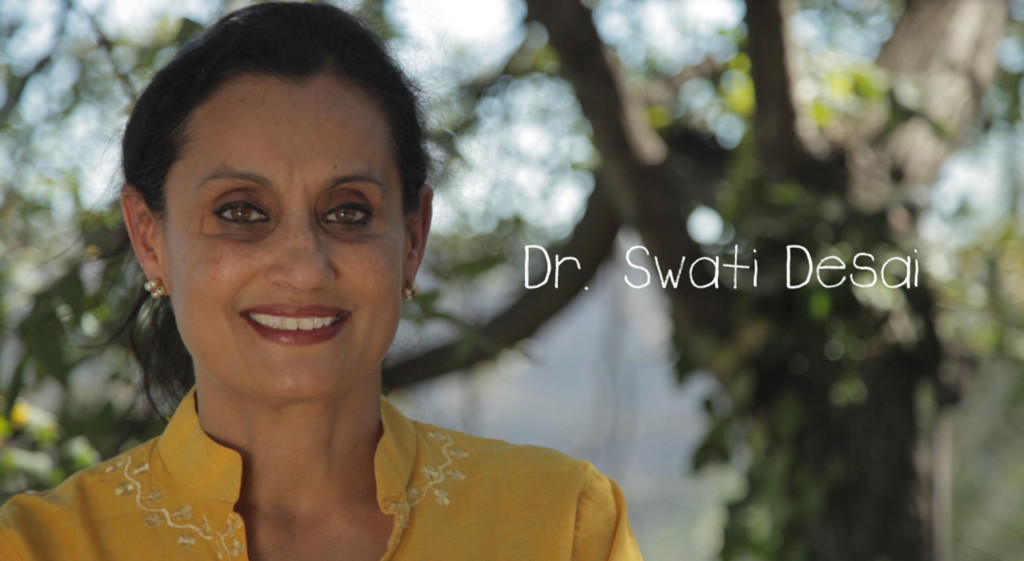Your health depends on your liver. The liver is your largest solid organ other than your skin. It is located in the upper right corner of your abdominal cavity tucked under your rib cage. Your liver helps you digest and absorb fats and vitamins. It stores iron so that you can make red blood cells to circulate oxygen. It stores glucose for when you need a burst of energy. It makes proteins involved in blood clotting. The liver is the site of immune activity to protect from invading organisms that might enter your body through your gut. It detoxifies chemicals and metabolizes drugs. The liver helps filter your blood, removing unwanted chemicals from the bloodstream.
The cells of the liver are called hepatocytes. Hepatocytes release enzymes when they are inflamed or damaged. Detecting elevated liver enzymes on a routine blood test may be the only way you find out your liver is stressed. Early stress to your liver can be caused by excessive alcohol intake, obesity, diabetes, or viruses. Early damage causes a small bump in liver enzymes, and if the damage continues then triglyceride fat deposits within the hepatocytes causing fatty liver. At this point, the liver damage is completely reversible, and the liver cells are able to regenerate to a healthy state as long as the offending source is remediated.
If the damage continues, then fatty liver progresses to cirrhosis when functional liver cells are replaced with hardened scar tissue. Once a liver is cirrhotic, it usually cannot regenerate and a liver transplant is required. Signs and symptoms of liver failure include abdominal pain and swelling, nausea, jaundice, fatigue and internal bleeding.
Liver cancer is the fastest increasing cause of cancer death in the U.S. Unhealthy livers are more at risk for liver cancer. At least 50% of liver cancer diagnoses in the U.S. have preventable factors, including excessive alcohol intake, hepatitis viruses, cigarette smoking, obesity, and exposure to toxins like fungal aflatoxins in crops or arsenic in drinking water.
What can you do to reverse fatty liver? There is no magic pill, but committing to lifestyle changes can allow your liver cells to regenerate to healthy detoxifying machines. Along with lifestyle changes, and an herbal supplement called milk thistle can help your liver heal.
Glutathione, the most important antioxidant synthesized in cells, plays a key role in liver detoxification. Glutathione helps recover oxidative-stress induced liver damage. You can boost your glutathione production by eating sulforaphane-rich cruciferous vegetables, like broccoli, cabbage, cauliflower, and kale. Oral glutathione supplements are controversial because they get broken down by gastric juices, however, supplements like Antiox Restore by Akasha Naturals can help support your body’s own glutathione production. Glutathione can also be given via the intravenous route to deliver antioxidants directly to your bloodstream.
Lifestyle Changes for a Healthy Liver
- Avoid excessive alcohol intake
- Avoid tobacco products
- Avoid excessive sugar intake
- Avoid environmental toxins
- Protect against hepatitis viruses
- Eat more cruciferous veggies
- Lower your triglycerides
- Lose weight
- Exercise
–
Bren Boston, MD is a Sports Medicine, Pain and Women’s Care specialist at the Akasha Center for Integrative Medicine. For more Information on her practice, click here. To make an appointment, call (310)-451-8880 or email us at info@akashacenter.com








